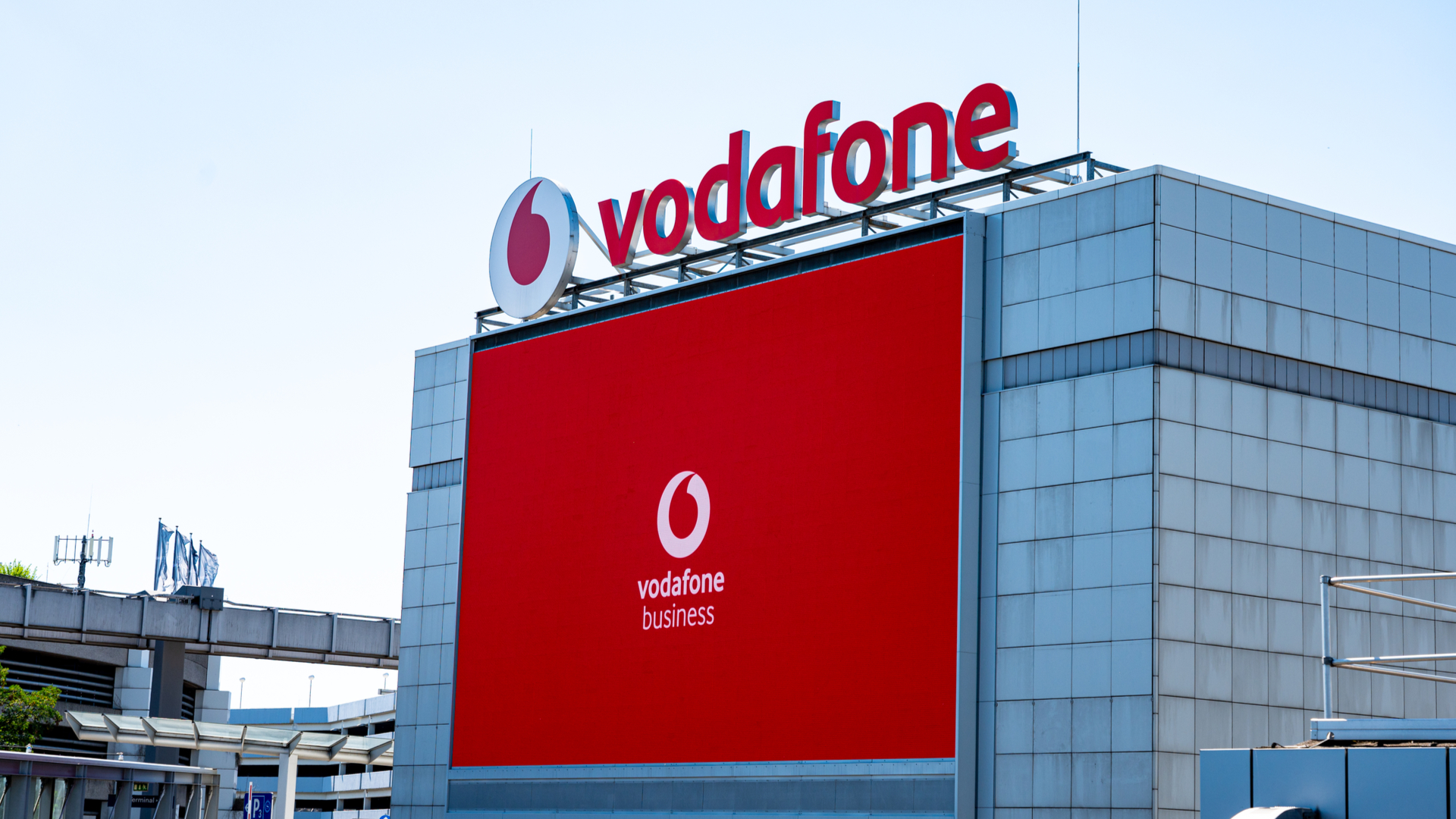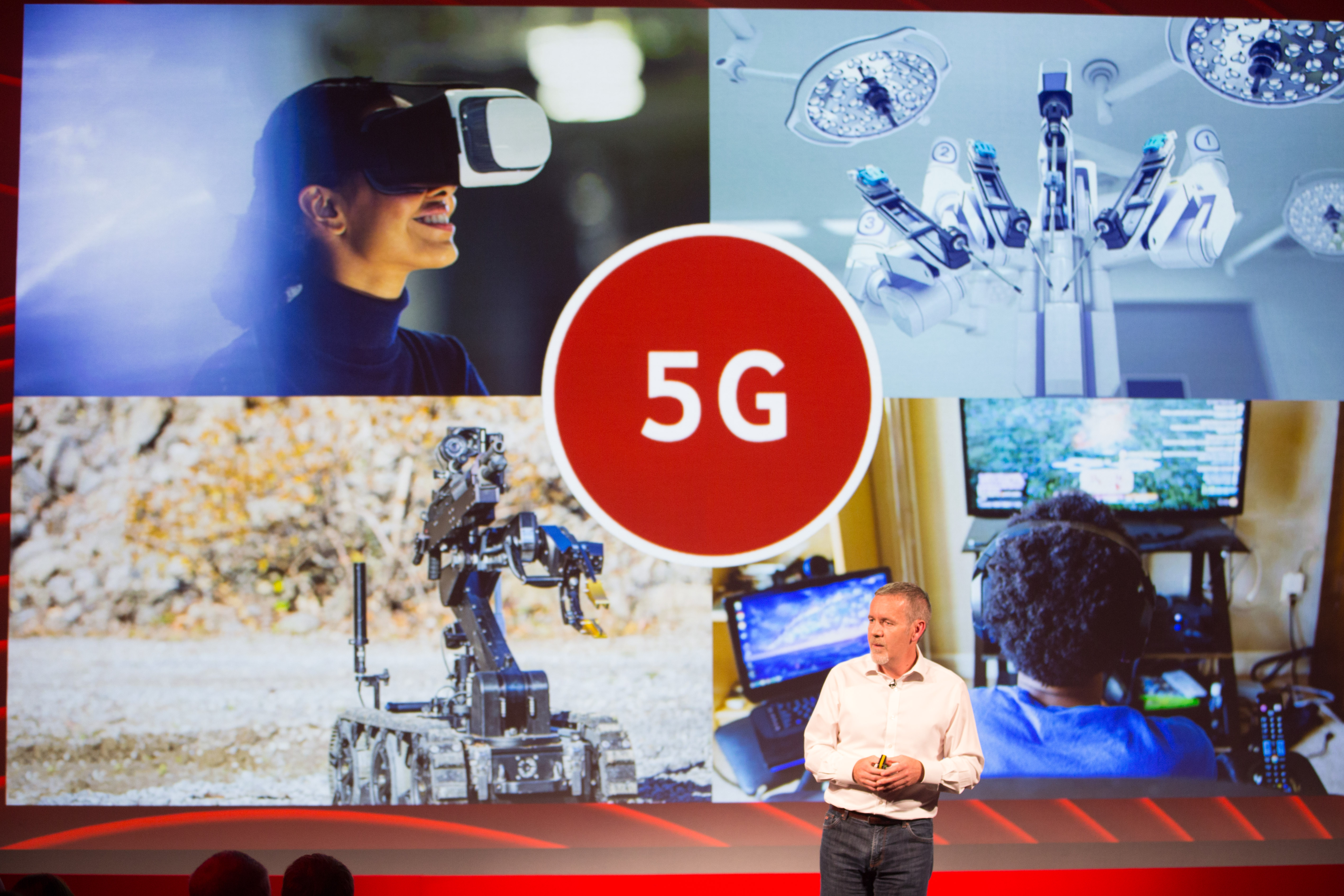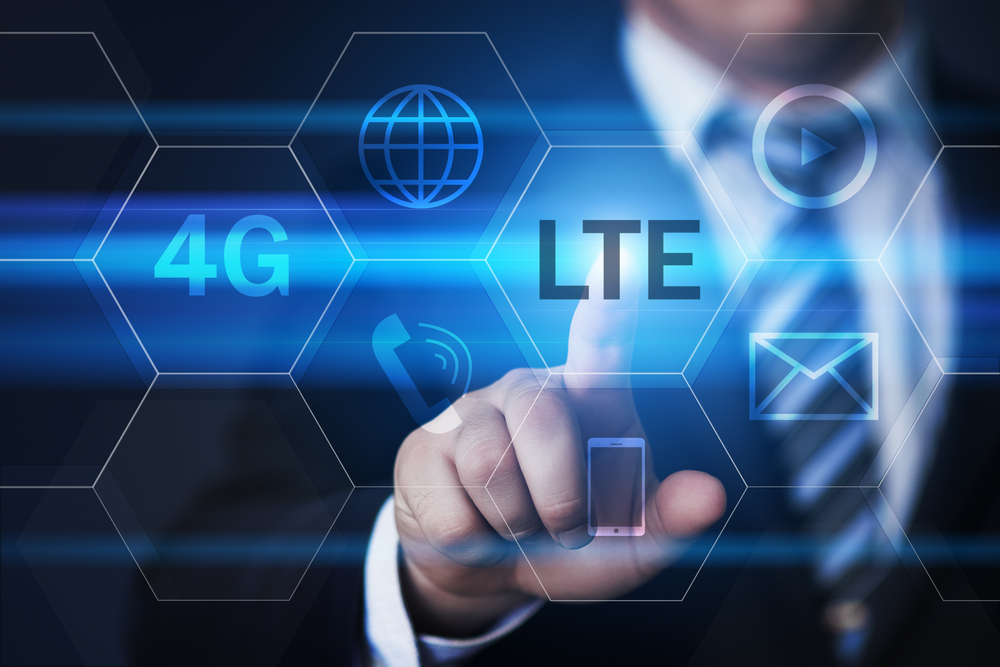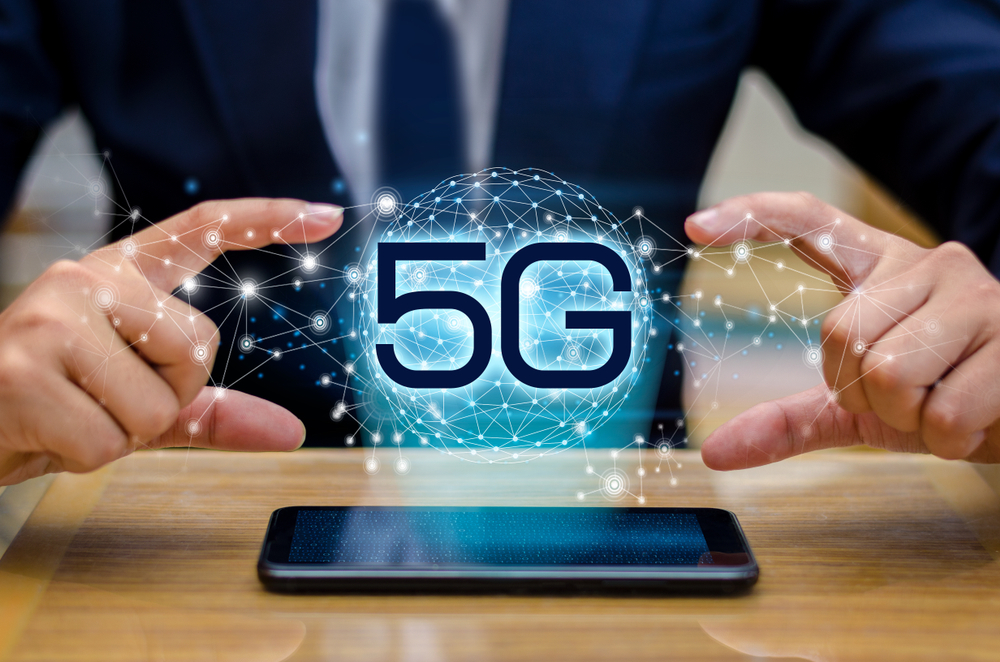Government calls on mobile operators for superfast broadband boost
Three, EE and Vodafone are the names in the frame to help Government deliver on superfast broadband vision.


The Government is to call on mobile providers to help achieve its goal of offering 98 per cent of the UK's population superfast broadband services by 2018.
According to a report by the Financial Times, the Department for Culture, Media and Sport (DCMS) will gather mobile operators around the table alongside other fixed line broadband providers to ramp up competition for the next phase of its rural broadband rollout.
The Government plans to allocate an extra 250 million to deliver superfast broadband to parts of the country not currently covered by the existing 530 million Broadband Deliver UK (BDUK) project, which aims to cover 90 per cent of the country by 2015.
The BDUK programme has come in for a fair amount of criticism since its creation, with spending watchdog the National Audit Office calling it a flawed, expensive process that has resulted in only BT winning all the contracts so far.
The DCMS hopes this next phase, looked upon as a separate process, will be more competitive and see rural communities being much more involved in the project.
Executives from EE, Three and Vodafone are thought to be attending the meeting, according to the Financial Times report, with 4G networks expected to fill in the connectivity gaps in coverage.
O2 already has a requirement as part of its licence to cover 98 per cent of the UK with 4G networks, although there is no guarantee that coverage will provide speeds fast enough to be considered superfast.
Get the ITPro daily newsletter
Sign up today and you will receive a free copy of our Future Focus 2025 report - the leading guidance on AI, cybersecurity and other IT challenges as per 700+ senior executives
To qualify for funding, 4G operators will need to demonstrate they can attain the minimum threshold for superfast broadband of 30Mbps.
Rene Millman is a freelance writer and broadcaster who covers cybersecurity, AI, IoT, and the cloud. He also works as a contributing analyst at GigaOm and has previously worked as an analyst for Gartner covering the infrastructure market. He has made numerous television appearances to give his views and expertise on technology trends and companies that affect and shape our lives. You can follow Rene Millman on Twitter.
-
 Should AI PCs be part of your next hardware refresh?
Should AI PCs be part of your next hardware refresh?AI PCs are fast becoming a business staple and a surefire way to future-proof your business
By Bobby Hellard
-
 Westcon-Comstor and Vectra AI launch brace of new channel initiatives
Westcon-Comstor and Vectra AI launch brace of new channel initiativesNews Westcon-Comstor and Vectra AI have announced the launch of two new channel growth initiatives focused on the managed security service provider (MSSP) space and AWS Marketplace.
By Daniel Todd
-
 Vodafone and Altice launch €7 billion joint venture in Germany
Vodafone and Altice launch €7 billion joint venture in GermanyNews The British telco currently offers connections to over 24 million homes in Germany, its biggest market
By Zach Marzouk
-
 EE rolls out 4G across Glasgow's underground network
EE rolls out 4G across Glasgow's underground networkNews The network is currently restricted to EE customers but is likely to expand in the near future
By Sabina Weston
-
 Nokia and NASA join forces to bring 4G to the moon
Nokia and NASA join forces to bring 4G to the moonNews Cellular service will provide the communications needed for meaningful moon exploration
By Tyler Omoth
-
 Birmingham crowned the fastest UK city for 4G download speeds
Birmingham crowned the fastest UK city for 4G download speedsNews While Birmingham also recorded the highest speed hike over 2019, London came in at a middling 9th place
By Keumars Afifi-Sabet
-
 Vodafone to remove Huawei equipment from its core networks
Vodafone to remove Huawei equipment from its core networksNews The decision comes after PM capped Huawei’s involvement in building the UK’s 5G telecoms network
By Sabina Weston
-
 LTE vs 4G: Which is better?
LTE vs 4G: Which is better?In-depth Comparing LTE vs 4G has become common in recent years, but how exactly do they differ, and is 4G faster?
By Jane McCallion
-
 What is 4G?
What is 4G?In-depth A look at the fourth generation of mobile networking technology and its availability in the UK
By Rene Millman
-
 4G vs 5G - what's the difference?
4G vs 5G - what's the difference?Vs From 3G to 4G, mobile connectivity has revolutionised our lives. Now 5G is set to do it again
By Bobby Hellard